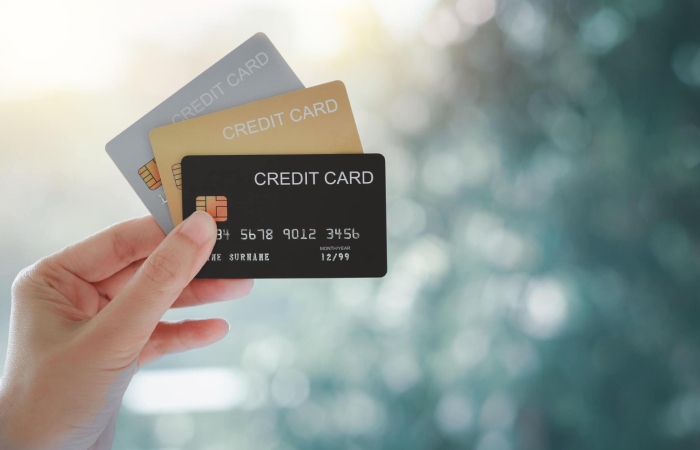Share This Article
Introduction
Credit cards provide a convenient and flexible method of payment. They are widely accepted, making it easy to make purchases online or in-person without the need for cash.
Moreover, it is responsible use of credit can help individuals build a positive credit history. This is important for various financial transactions, such as finding loans, renting an apartment, or even securing certain jobs. However, a good credit history can lead to lower interest rates and better terms when stealing money.
Furthermore, many credit cards offer rewards programs, cash back, or travel benefits. By using credit for purchases, individuals can earn rewards such as cash rebates, airline miles, or points that can be exchanged for stock or services.
Subsequently, credit cards often come with consumer protections, such as fraud protection and disagreement resolution mechanisms. If there’s an issue with a purchase, credit card companies may assist in resolving disputes, and users may be protected from unauthorized transactions.
What is a Credit Card?
A credit card is a physical card which can be used to make the purchases, pay bills, or, depending on the card, withdraw money. Hence, a simple way to think of a credit card is as a kind of short-term loan.
Furthermore, when you open a credit card account, your credit card company gives you a fixed credit limit. It’s basically an amount of money that the credit cards company allows you to make purchases or pay bills. Your available credit decreases as you load things onto the card. You then pay what you spent on your credit limit to the credit card company.
How Credit Cards Works?
The Credit cards can be used to make purchases online or in stores purchases and pay bills. When you use a credit card for either, your cards details are sent to the merchant’s bank. So, the bank then obtains authorization from the credit card network to process the transaction. Your card issuer must then verify your information and approve or decline the transaction.
Furthermore, If the transaction is approved, then the payment is made to the merchant and the available credit on your cards is reduced by the transactions amount. Moreover, at the end of your billing cycles, your card issuer will send you a statements showing all of your transactions for that month, your old balance and your new balance, your minimum payment due, and your due date.
The grace period is the period between the date of a purchase on your card and the expiration date shown on your statement. During this period, if you pay your bill in full before the due date, no interest charges accrue.
Specific Advantages for Using Credit Card to Finance Purchases

One positive reason for using a credit card to finance purchases is the convenience and flexibility it offers. Here are some specific advantages:
- Convenience: A Credit cards provide a convenient way to make purchases without carrying the large amounts of cash. This is especially useful for online shopping, travel, and emergencies.
- Builds Credit History: Accountable use of a credit card, such as making timely payments, can help build a positive credit history. A good credit history is important for future financial endeavours, such as maintaining a mortgage or car loan.
- Rewards and Benefits: However, many credit cards offer rewards programs, cashbacks, or other perks for making purchases. By using a credit card wisely, you can earn rewards or cashback, effectively reducing the cost of your purchases.
- Security: the Credit cards often come with built-in fraud protections. If your card is lost or stolen, you can report it, and the card issuer can investigate and potentially reimburse any fraudulent charges.
- Grace Period: Credit cards typically have a grace period during which you can pay off your balance without incurring interest. So, if you can pay the full balance by the due date, you can effectively use the credit card as a short-term, interest-free loan.
It’s important to note that while these advantages exist, it’s crucial to use credit cards responsibly. Carrying a balance and accumulating high-interest debt can lead to financial challenges. It’s recommended to pay the full balance on time to avoid interest charges and fees.
Making Credit Card Payments
Which is a Positive Reason for Using a Credit Card to Finance Purchases? Making credit card payments on time can improve your score, while paying late could hurt you. Likewise, keeping a low balance relative to your credit limits can have a positive impacts, while maxing out your card limits can hurt your score. Hence, It is best to pay the balance in full each month, but you cannot use another credit card to pay this amount.


